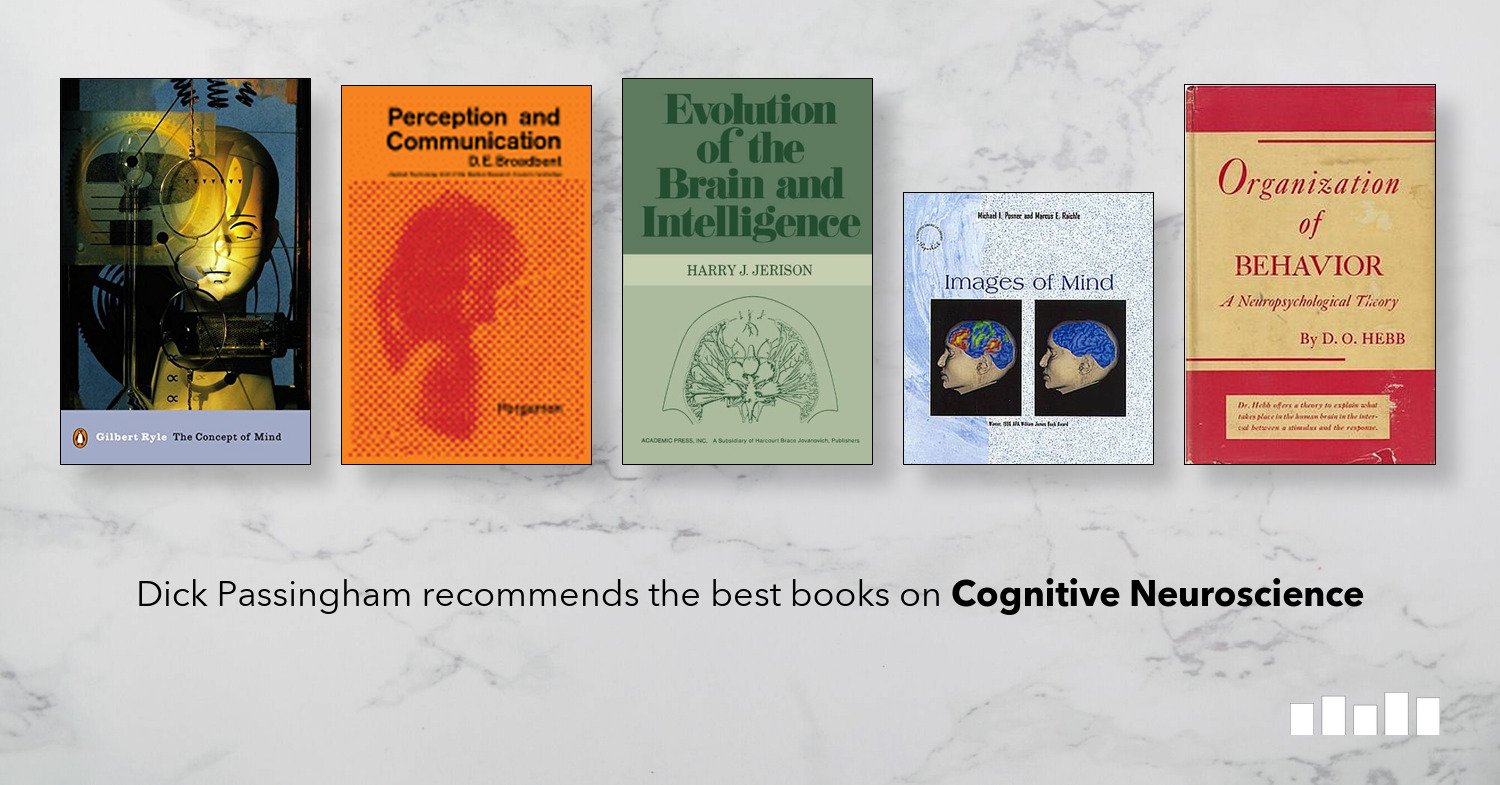Looking for the best cognitive science books to dive into? We’ve got you covered. Cognitive science is a fascinating field that explores the intricacies of the human mind and behavior. In this article, we highlight some of the top books that offer deep insights and engaging narratives. Whether you’re a beginner or a seasoned reader, there’s something here for everyone. Join us as we explore the best cognitive science books that promise to expand your understanding of how we think, learn, and interact.
Best Cognitive Science Books
Cognitive science is an intriguing field that combines elements of psychology, neuroscience, computer science, philosophy, linguistics, and anthropology to understand the mind and intelligence. The following guide delves into some of the best cognitive science books available. Additionally, if you’re looking for the best books for AP Lit students, we’ve got recommendations for you. These books span a variety of subtopics within cognitive science and provide engaging insights for both beginners and seasoned readers.
Understanding the Basics of Cognitive Science
1. “Cognitive Science: An Introduction to the Science of the Mind” by José Luis Bermúdez
This book is a comprehensive introduction to cognitive science. It covers a wide range of topics, from the basics of neuroscience to complex cognitive processes. Bermúdez’s clear writing style makes the subject accessible to readers without a scientific background.
Key Topics Covered:
- History of cognitive science
- Fundamental concepts in neuroscience
- Language and thought processes
- Artificial intelligence and cognitive models
2. “Mind: Introduction to Cognitive Science” by Paul Thagard
Paul Thagard provides an excellent foundation in cognitive science with this book. It’s structured to help readers grasp the essential theories and methods in the field.
Main Highlights:
- Concepts of mental representations
- Mechanisms of learning and memory
- Interdisciplinary approach combining different fields
Exploring Cognitive Psychology and Neuroscience
3. “Thinking, Fast and Slow” by Daniel Kahneman
Nobel laureate Daniel Kahneman’s book explores the dual systems of thinking in our minds. The book is engaging and provides practical insights into how people make decisions.
Important Sections:
- System 1: Fast, automatic thinking
- System 2: Slow, deliberate thinking
- Common cognitive biases and heuristics
4. “The Brain That Changes Itself” by Norman Doidge
Norman Doidge’s book dives into neuroplasticity, the brain’s remarkable ability to reorganize itself. It’s filled with inspiring stories of people who have overcome neurological challenges.
Topics Explored:
- Case studies of brain adaptation
- Therapies and techniques to enhance brain plasticity
- The future of brain science
The Role of Language in Cognition
5. “The Language Instinct” by Steven Pinker
Steven Pinker argues that humans are born with an innate ability for language. His book is both informative and entertaining, making complex ideas accessible.
Key Takeaways:
- Nature vs. nurture debate in language acquisition
- Mechanisms of language development
- Evolutionary perspective on language
6. “Metaphors We Live By” by George Lakoff and Mark Johnson
This book explores how metaphors shape our understanding of the world. The authors argue that metaphorical thinking is fundamental to human cognition.
Core Concepts:
- Everyday language filled with metaphors
- How metaphors influence perception and action
- Impact of metaphorical thinking on culture and society
Interdisciplinary Cognitive Science
7. “How the Mind Works” by Steven Pinker
In this book, Steven Pinker explains complex mental processes with wit and clarity. It covers a range of topics from vision to emotions.
Notable Insights:
- The computational theory of mind
- Role of natural selection in shaping the mind
- Interrelationship between different cognitive functions
8. “Gödel, Escher, Bach: An Eternal Golden Braid” by Douglas Hofstadter
Hofstadter’s Pulitzer Prize-winning book links the works of mathematician Gödel, artist Escher, and composer Bach to explore patterns and intelligence. This book is a feast for those interested in the intersection of art and cognitive science.
Major Themes:
- Recursion and self-reference
- Patterns in mathematics, art, and music
- Philosophical implications of artificial intelligence
Advanced Topics and Specialized Fields
9. “The Embodied Mind: Cognitive Science and Human Experience” by Francisco Varela, Evan Thompson, and Eleanor Rosch
This book combines cognitive science with insights from Eastern philosophy. It presents the theory that cognition is deeply rooted in bodily experiences.
Essential Points:
- Embodied cognition theory
- Role of the body in shaping the mind
- Integration of cognitive science and phenomenology
10. “Subliminal: How Your Unconscious Mind Rules Your Behavior” by Leonard Mlodinow
Leonard Mlodinow explores how the unconscious mind influences our thoughts and actions. It’s a fascinating look at the hidden aspects of mental life.
Main Elements:
- Unconscious cognitive processes
- Impact of subliminal messages
- How unconscious thoughts shape behavior
Practical Applications of Cognitive Science
11. “The Power of Habit: Why We Do What We Do in Life and Business” by Charles Duhigg
Charles Duhigg examines how habits form and how they can be changed. This book is practical and offers insights that can be applied in daily life.
Key Areas:
- Formation and disruption of habits
- The habit loop: cue, routine, and reward
- Real-life examples of habit change
12. “Superforecasting: The Art and Science of Prediction” by Philip E. Tetlock and Dan M. Gardner
This book offers insights into the cognitive processes behind accurate predictions. The authors provide strategies to improve forecasting skills.
Significant Sections:
- Characteristics of superforecasters
- Cognitive techniques for better predictions
- Application in various domains
Cognitive science is a vast and diverse field, and these books provide a solid foundation for anyone interested in exploring it. Whether you’re a seasoned researcher or a curious novice, there’s something in this list to spark your interest and deepen your understanding of the human mind.
Frequently Asked Questions
What are some highly recommended cognitive science books for beginners?
For those new to cognitive science, “Cognitive Science: An Introduction to the Science of the Mind” by José Luis Bermúdez provides a great overview. “The Stuff of Thought: Language as a Window into Human Nature” by Steven Pinker is also excellent for its exploration of how language shapes our thinking. “How the Mind Works” by Steven Pinker offers a more comprehensive look into cognitive processes and is accessible to newcomers.
Are there any classic cognitive science books that experts still recommend?
Yes, classic books like “The Society of Mind” by Marvin Minsky and “Gödel, Escher, Bach: An Eternal Golden Braid” by Douglas Hofstadter remain highly recommended. These works have significantly influenced the field and continue to be referenced by scholars and practitioners alike.
Which cognitive science books delve deeply into the neuroscience aspect?
“Phantoms in the Brain: Probing the Mysteries of the Human Mind” by V.S. Ramachandran provides a deep dive into how brain abnormalities can reveal the inner workings of the mind. “The Brain That Changes Itself” by Norman Doidge focuses on neuroplasticity and how the brain can adapt and change through experiences and learning.
Can you suggest cognitive science books that explore artificial intelligence?
If you’re interested in the intersection of cognitive science and artificial intelligence, “Artificial Intelligence: A Guide for Thinking Humans” by Melanie Mitchell is a great choice. “Superintelligence: Paths, Dangers, Strategies” by Nick Bostrom also offers a forward-looking perspective on AI and its potential impacts on human cognition.
What books cover the evolution of human cognition?
“The Origin of Consciousness in the Breakdown of the Bicameral Mind” by Julian Jaynes explores the evolution of consciousness. “Sapiens: A Brief History of Humankind” by Yuval Noah Harari also offers a fascinating look at how cognitive evolution has shaped human history and society.
Are there any cognitive science books that address language and thought?
“The Language Instinct: How the Mind Creates Language” by Steven Pinker is an excellent book that covers how language and thought are interconnected. “Metaphors We Live By” by George Lakoff and Mark Johnson explores how metaphorical language shapes our cognitive processes.
Final Thoughts
Exploring the best cognitive science books offers profound insights into the workings of the human mind. These books cover various topics, from the basics of cognitive processes to advanced theories and applications. Reading these works deepens your understanding and fuels curiosity about human cognition. Whether you’re a student, researcher, or enthusiast, the best cognitive science books serve as valuable resources for anyone keen on the subject.

